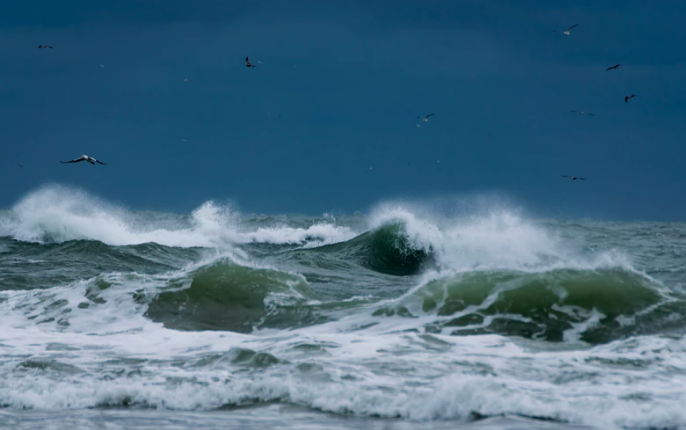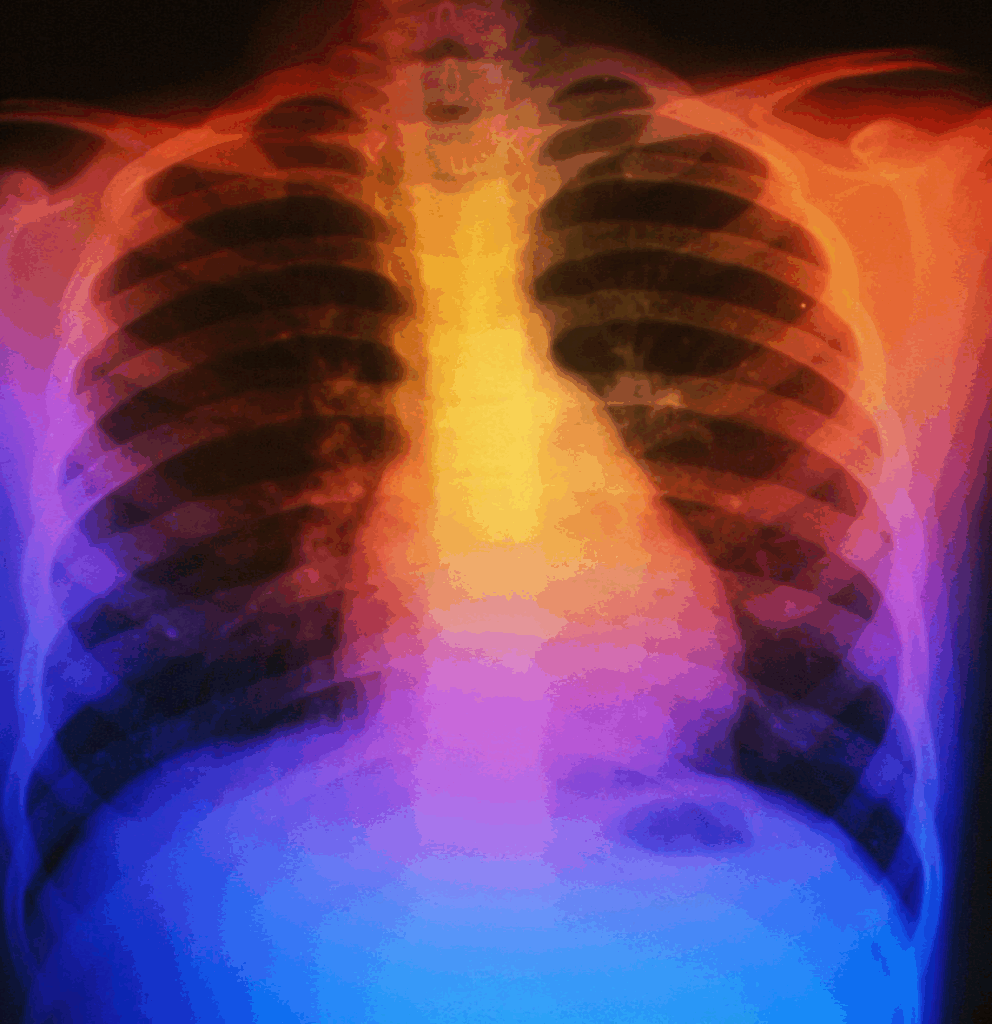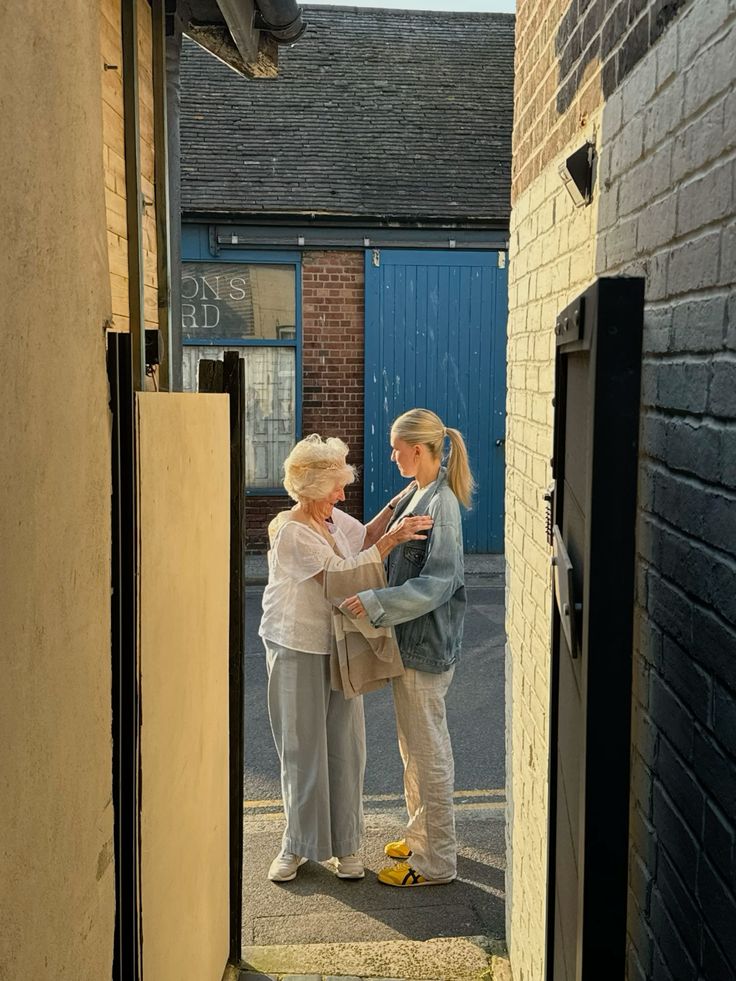You may or may not have heard of all of the shaming Donald Trump has done of Puerto Rico’s Hurricane Maria, particularly on Twitter and especially during this time of the latest Hurricane Florence. Sadly enough, that’s about all of the publicity Puerto Rico has gotten since Maria.
Hurricane Maria, a Category 5 hurricane, which was reported to have killed only 64 people on the island of Puerto Rico by the US government, actually killed 2,975 according to a study conducted by George Washington University’s Milken Institute of Public Health.
Despite this proof, President Trump insists that this information is false and is a conspiracy that is meant to do him political harm. In an article published in the New York Times titled “Nearly Half of Americans Don’t Know Puerto Ricans Are Fellow Citizens,” a poll was conducted with 2,200 adults by Morning Consult, a technology company specializing in collecting data. It found that “only 54 percent of Americans know that people born in Puerto Rico, a commonwealth of the United States, are U.S. citizens.”
This is one of the reasons why donations for Hurricane Maria lag compared to Irma and Harvey. People don’t know Puerto Ricans are Americans, so they don’t bother donating and instead turn a blind eye. Other factors such as lack of media coverage and other travesties that occurred before Maria, like the mass killings in Las Vegas, also cause a lag in donations.
According to USA Today, because Harvey and Irma happened before Maria and occurred on U.S. Mainland, most of the donations were more focused on helping them. Compared to the $352 million donated to Harvey and the $47.3 million donated to Irma, Maria falls last in place receiving $10.1 in donations.
With little help received, Puerto Rico has become worse off than it already was to begin with. With many living under tarps as roofs or depending on the Federal Emergency Management Agency (FEMA) for temporary housing, Puerto Rico is running out of options. Despite reports that say Puerto Rico’s power is completely up and running, that is not the case — there are still thousands without power or water, almost a year after the hurricane hit.
The nearly 1,000 Puerto Ricans who fled the island and are relying on FEMA for housing are being told that their time is up. The government has said it will no longer pay for their housing, which is mostly hotels, and they need to move out by Sept. 14 at noon. NBC News reports that Maria caused an estimated $90 billion in damage, adding to their nearly $130 billion dollar debt.
Regardless of whether you helped or not, there is still a way you can: tourism. Visiting Puerto Rico, its shops, restaurants and landmarks can help generate revenue which can then be used to begin rebuilding.





